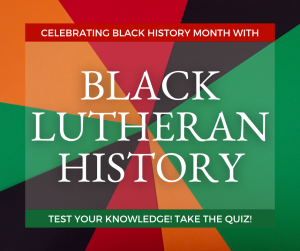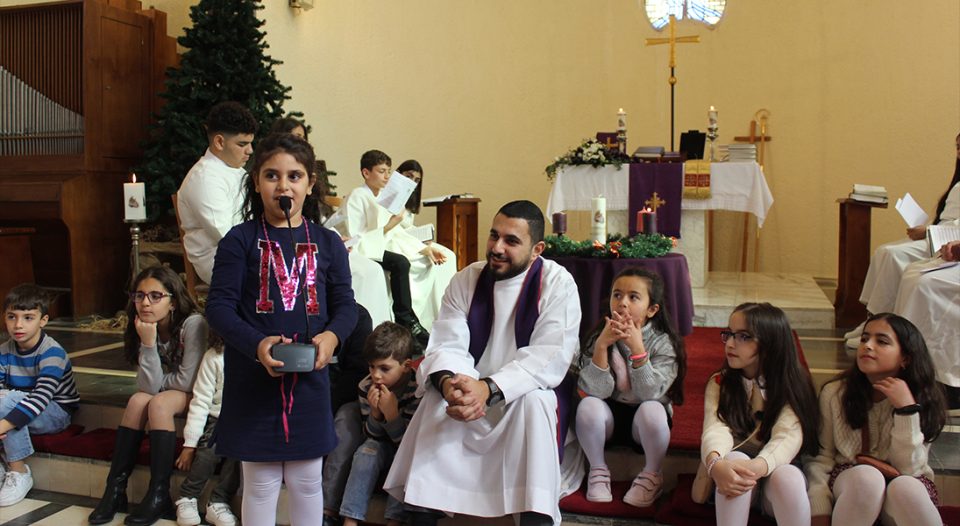
Rodny Said, a pastor of the Evangelical Lutheran Church in Jordan and the Holy Land (ELCJHL), leads a children’s sermon at the Church of Hope in Ramallah. Photos: ELCJHL
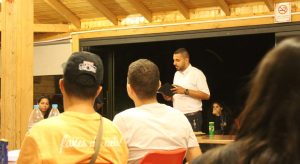
Said leads a bible study with youth during a youth retreat in Jordan.
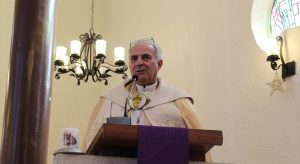
Sani Ibrahim Azar, bishop of the ELCJHL, delivers a sermon at the Church of Hope.
Two spouses living in two places—kept apart by two kinds of government ID.
It may sound like Romeo and Juliet, but that was life for Rodny Said, a pastor of the Evangelical Lutheran Church in Jordan and the Holy Land (ELCJHL).
With a Jerusalem ID, Said could cross the checkpoints between his East Jerusalem home and his congregation, the Lutheran Church of Hope in Ramallah. His wife lived with her parents because she couldn’t enter East Jerusalem with her Palestinian ID.
“We started the process of reunification, as the Israeli government calls it,” he explained during an Advent Pilgrimage 2024 webinar, “but it can take years for a person from East Jerusalem and a person from the West Bank to live together.”
Fortunately, Said’s wife received her permit shortly after the webinar, and the couple can now live and travel together between the two communities.
The webinar series was a program of Sumud, the ELCA’s initiative for justice in Palestine and Israel. Previously the ministry was known as Peace Not Walls, named after the 440-mile barrier wall that the Israeli government was building to separate Palestine from Israel. The wall is complete today.
“To us, sumud means to in our country and continue bearing witness.”
Sumud, an Arabic word meaning “steadfast,” conveys the determination it takes to be a Palestinian Christian. “Palestinians struggle to get to work, to universities, to churches and schools,” Said noted in the webinar. Since the onset of the Gaza War in 2023, many lost their jobs because they are no longer allowed to work in Israel. Many families are separated even though they live just a few blocks apart.
Life has gotten so difficult that the number of Christian families—already only 1% of the West Bank population—who are leaving is increasing. “They don’t see a future,” he said.
Emigration “means more pressure on us as a Christian community,” Said noted—especially for the ELCJHL, whose six congregations and four schools are supported by only 2,000 members.
“I think the easiest way is to leave,” Said added, “and the hard and painful way is to stay.”
Staying put, enduring and never giving up hope—that’s sumud. Through the initiative, the ELCA seeks to accompany Palestinians in their daily lives and advocate for peace with justice in Palestine and Israel.
Creating possibilities
For Maddi Froiland, program director for Sumud, a prime goal is making ELCA members more aware of what life under occupation is like.
As someone who spent four years in East Jerusalem and the West Bank—one as a Young Adult in Global Mission (YAGM) volunteer and three years as communications officer for the ELCJHL—Froiland watched Christians live out Luke 6:31 (“Do to others as you would have them do to you”) even with soldiers who had arrested their sons. “The experience,” she said, “made me redefine what it means to be a Christian.”
Froiland said Sumud’s webinar series drew over 100 viewers who heard ELCJHL pastors and youth group members share stories of “resistance through existence” by living and worshiping together under occupation. Attendees heard their main message: Christians living in the Holy Land need to know someone is listening to and supporting them.
The Sumud initiative, Froiland said, “underscores that justice in Israel and Palestine means everyone has dignity and human rights. Right now the people who are lacking human rights are our Palestinian partners.”
Froiland is building synod-level networks of Palestinian Christians, YAGM alumni and others who can share their experiences in the region. “These networks will build communities that are both aware of the context of our siblings in the ELCJHL and are empowered through their faith to advocate for justice in Palestine and Israel,” she said.
A new ceasefire currently being negotiated between Israel and Hamas could open the door for healing and recovery from a war marked by violence and displacement. The ELCA supports that process through Sumud, Lutheran Disaster Response, the ELCA Middle East and North Africa desk, and deployed personnel in the region. Witness in Society, the ELCA’s public advocacy team, continues to advocate for a negotiated resolution to the Israeli occupation of Palestine and to ongoing acts of violence.
On the ground, the ELCJHL creates possibilities for Palestinian Christians. “We do this through offering quality education for our youth, diaconal ministry for the vulnerable, environmental ministry for God’s creation, gender justice ministry and supporting our youth,” said Sani Ibrahim Azar, bishop of the ELCJHL.
“To us, sumud means to stay in our country and continue bearing witness as the Indigenous Christians of this land. This important and meaningful Arabic word … gives us strength—that we are not alone, we have our partners, our brothers and sisters, who will be steadfast in accompanying us.”


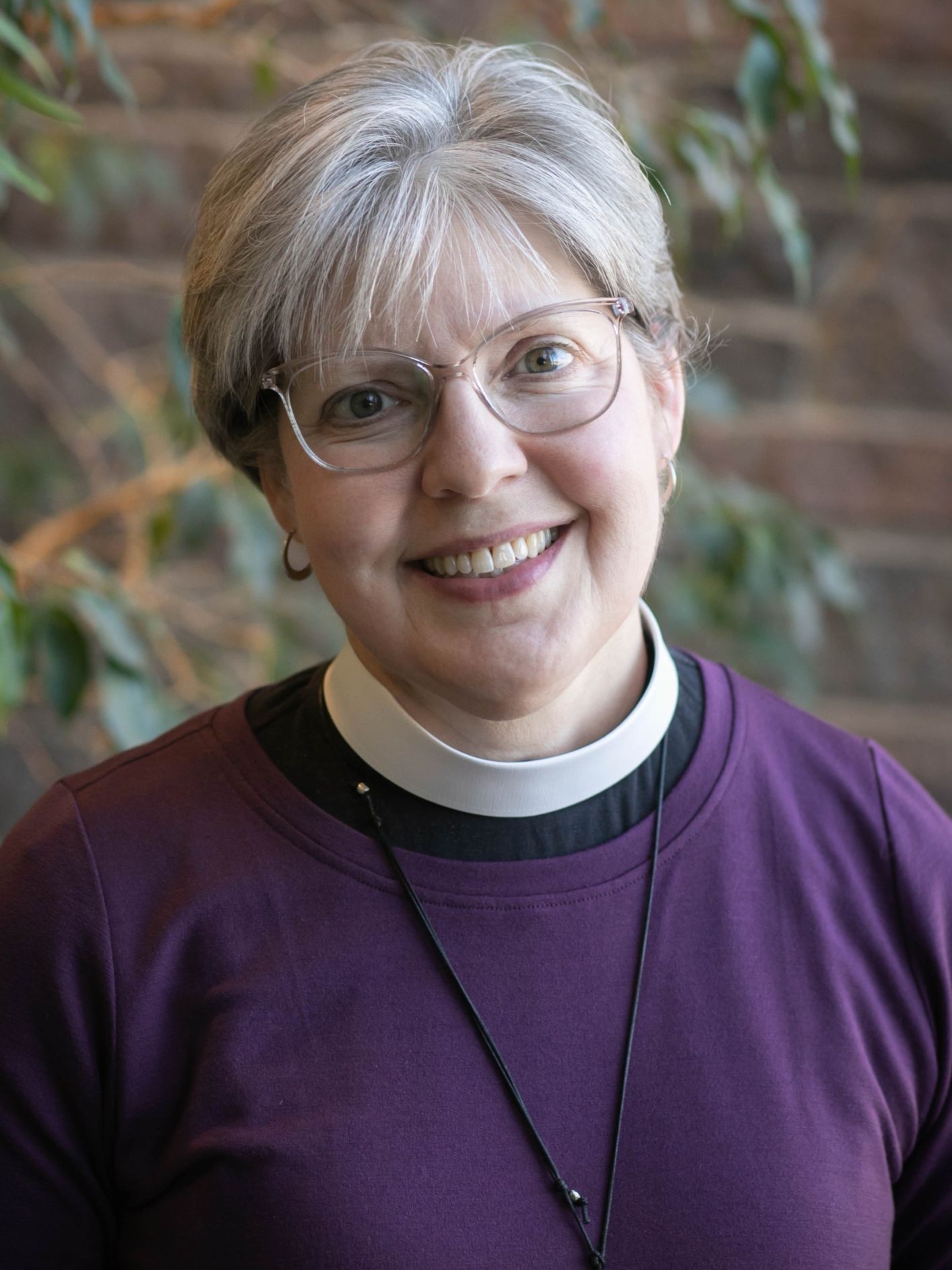 By Bishop Jen Nagel
By Bishop Jen Nagel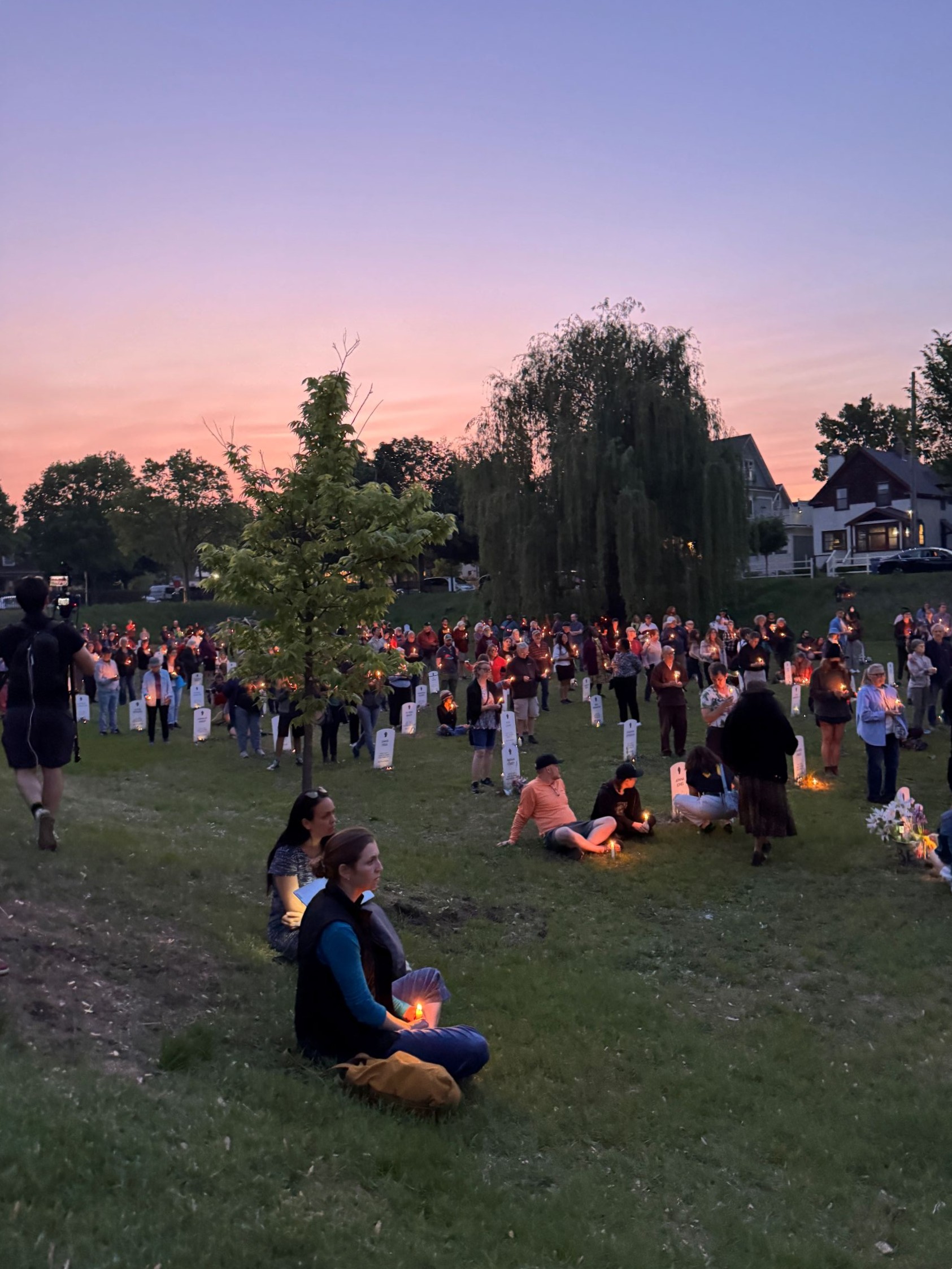
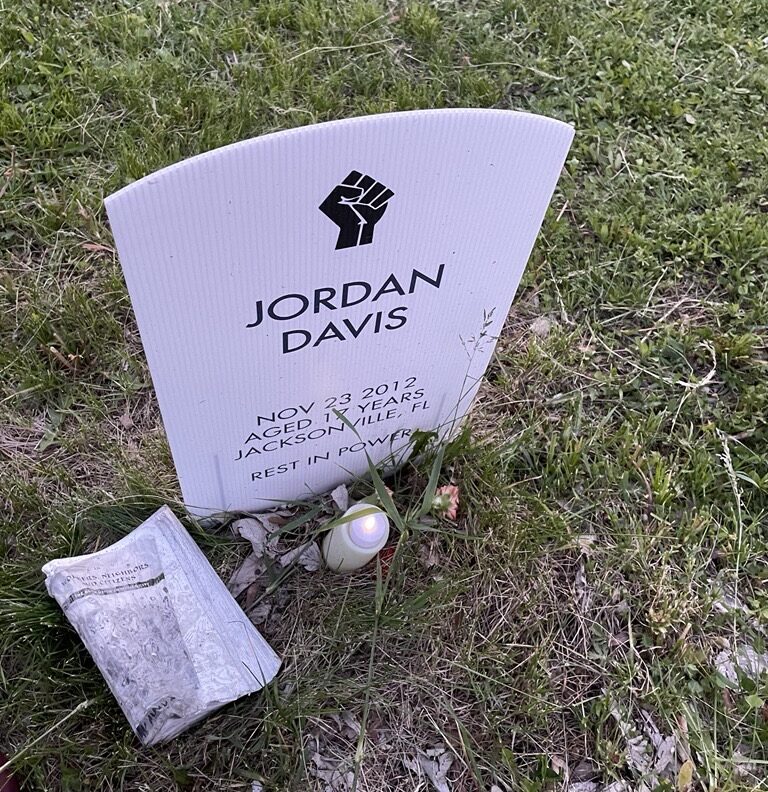 Holding space.
Holding space. 







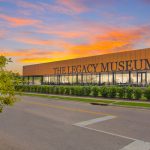


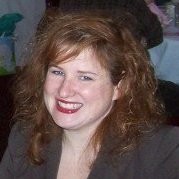 Robin Lauermann holds a Ph.D. in political science and is currently completing a certificate in theological studies at United Lutheran Seminary. She teaches and researches political behavior, institutions and change in U.S. and comparative politics. Robin currently serves as a board member of the ELCA Association of White Lutherans for Racial Justice.
Robin Lauermann holds a Ph.D. in political science and is currently completing a certificate in theological studies at United Lutheran Seminary. She teaches and researches political behavior, institutions and change in U.S. and comparative politics. Robin currently serves as a board member of the ELCA Association of White Lutherans for Racial Justice.